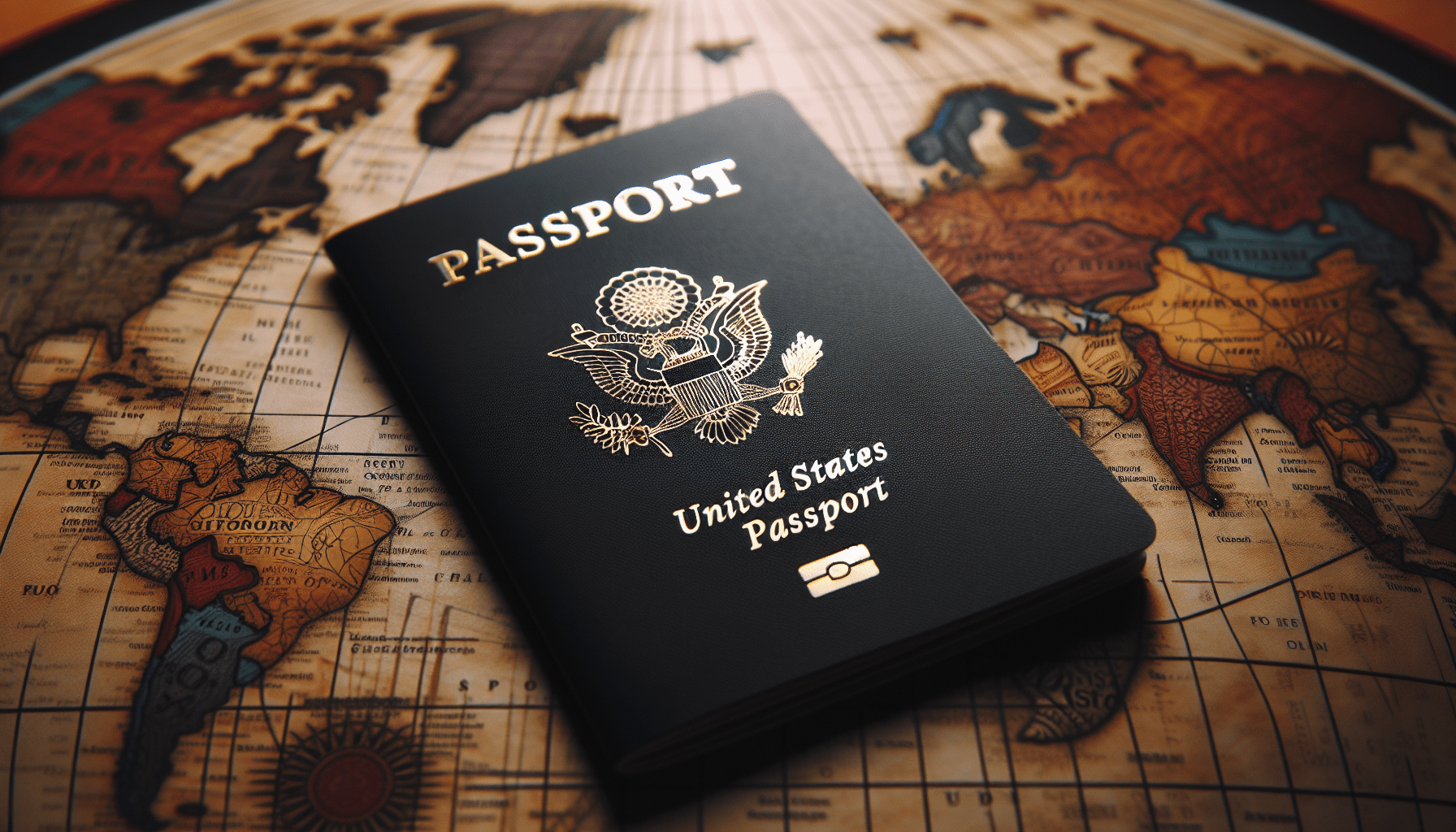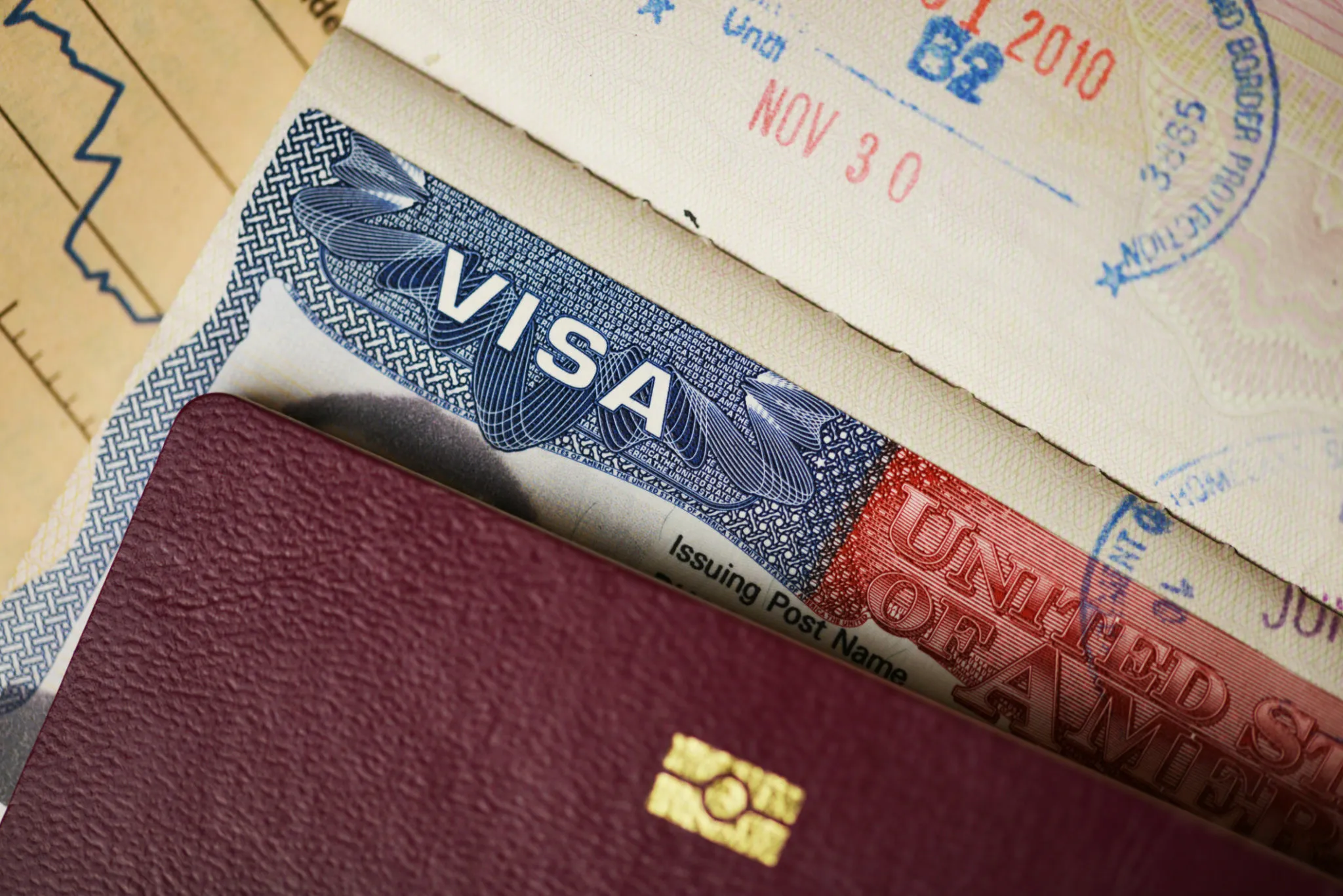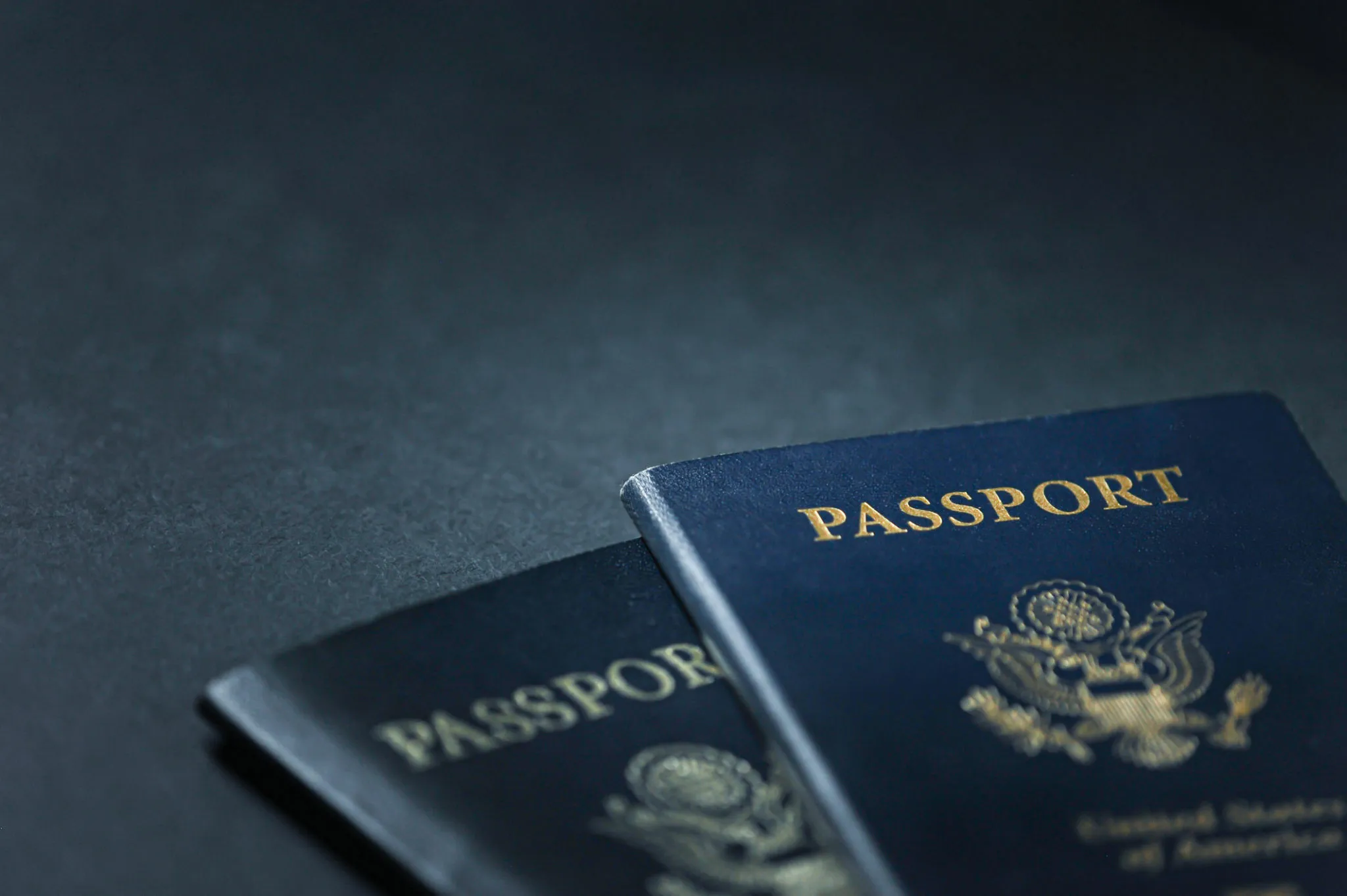Visa Guide
How Can I Become A UK Citizen Legally?
Learn how to become a UK citizen legally. Discover eligibility criteria, residency requirements, language tests, application process, and more.
If you’ve been dreaming about making the United Kingdom your permanent home, it’s only natural for the question of how to become a UK citizen legally to cross your mind. With its rich history, thriving cultural scene, and countless opportunities, it’s no wonder that so many individuals aspire to call this country their own. In this article, we’ll explore the various pathways available for you to achieve British citizenship, ensuring that you have all the necessary information to embark on this exciting journey. So, if you’re eager to discover the steps towards becoming a UK citizen in accordance with the law, read on.
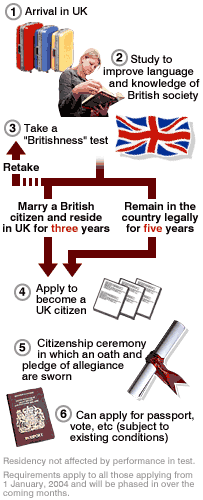
This image is property of newsimg.bbc.co.uk.
Eligibility Criteria
Age
To be eligible for British citizenship, you must be at least 18 years old. If you are under 18, you may be eligible through your parents’ citizenship or through special circumstances, such as being granted asylum.
Residence Requirement
To apply for British citizenship, you need to have resided in the UK for a specific period of time. Generally, you must have lived in the UK for at least five years, with no more than 450 days spent outside the country during that period. However, there are different requirements for those who are married or in a civil partnership with a British citizen.
Good Character Requirement
The good character requirement is an important aspect of becoming a UK citizen. This requirement ensures that individuals who apply for citizenship demonstrate good character and have not been involved in any criminal activities or engaged in behavior that goes against the values of the UK.
Language Requirement
To become a British citizen, you must have a good understanding of the English language, including being able to communicate effectively in both spoken and written English. There are exceptions for those who have physical or mental conditions that prevent them from meeting this requirement.
Types of UK Citizenship
British Citizenship By Birth
If you were born in the UK to British citizens or settled parents, you are automatically a British citizen by birth. This is the most straightforward way to acquire British citizenship.
British Citizenship By Descent
If one or both of your parents are British citizens, you may be eligible for British citizenship by descent. This applies even if you were born outside of the UK, as long as your parent(s) meet the requirements for transmitting citizenship.
British Citizenship By Naturalization
British citizenship by naturalization is available to individuals who have lived in the UK for a certain period of time and meet the residency and language requirements. This route is open to individuals who have settled or indefinite leave to remain status.
British Overseas Territories Citizenship
Certain overseas territories of the UK, such as Bermuda or the Cayman Islands, have their own citizenship laws. However, if you are a British Overseas Territories Citizen, you may be able to apply for full British citizenship in certain circumstances.
Applying for British Citizenship
Preparing the Application
Before applying for British citizenship, it is important to carefully review the eligibility criteria and ensure you meet all the requirements. Gather all the necessary documents and evidence to support your application.
Gathering Required Documents
When applying for British citizenship, you will need to provide various documents, such as proof of identity, proof of residency, and evidence of your immigration status. It is important to gather all the required documents and ensure they meet the specified requirements.
Submitting the Application
Once you have prepared all the necessary documents, you can submit your application for British citizenship. It is important to complete the application accurately and provide all the required information. Any mistakes or omissions can result in delays or even a refusal of your application.
Attending a Citizenship Ceremony
If your application is successful, you will be invited to attend a citizenship ceremony. This is an important step where you pledge your allegiance to the UK and receive your certificate of British citizenship. It is a special occasion that marks your official transition towards becoming a UK citizen.
Citizenship Tests and Examinations
Life in the UK Test
As part of the application process for British citizenship, you will typically be required to pass the Life in the UK test. This test assesses your knowledge of British history, culture, and society. It is important to study and prepare for this test to ensure you meet the requirement.
English Language Test
In addition to the Life in the UK test, you may also need to pass an English language test. This ensures that you have a sufficient level of English proficiency to communicate effectively in the UK. There are various approved English language tests that you can take to meet this requirement.
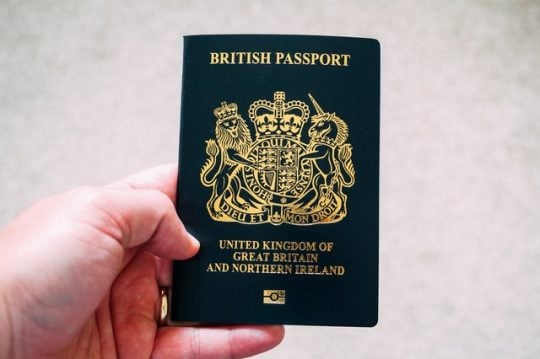
This image is property of us.iasservices.org.uk.
Citizenship Fees and Processing Time
Application Fees
There are fees associated with applying for British citizenship. The fees vary depending on the type of application and the individual circumstances. It is important to check the current fees and ensure you have the necessary funds to cover the costs.
Processing Time
The processing time for British citizenship applications can vary depending on various factors, such as the complexity of the application and the workload of the Home Office. It is important to be patient and allow sufficient time for your application to be processed. You can check the estimated processing times on the official government website.
Citizenship by Marriage or Civil Partnership
Requirements
If you are married to or in a civil partnership with a British citizen, you may be eligible for British citizenship. There are certain requirements that must be met, such as having lived in the UK for a specific period of time and meeting the language and residency requirements.
Applying for Spouse/Civil Partnership Visa
Before applying for British citizenship, you may need to apply for a Spouse or Civil Partnership Visa. This visa allows you to live and work in the UK while you are in a genuine relationship with a British citizen. It is an important step towards eventual citizenship.
Applying for Indefinite Leave to Remain
After living in the UK for a specific period of time on a Spouse or Civil Partnership Visa, you may be eligible to apply for Indefinite Leave to Remain. This grants you the right to live and work in the UK without any time restrictions.
Applying for British Citizenship
Once you have obtained Indefinite Leave to Remain and meet the other requirements, you can apply for British citizenship based on your marriage or civil partnership. This is an exciting step towards fully integrating into the UK and becoming a British citizen.
This image is property of qph.cf2.quoracdn.net.
Citizenship for Children
Citizenship for Children Born in the UK
If you have a child born in the UK, their eligibility for British citizenship will depend on various factors, such as the immigration status of the parents. Generally, children born in the UK to at least one parent with settled status or British citizenship will automatically be British citizens.
Citizenship for Children Born Outside the UK
Children born to British parents outside the UK may also be eligible for British citizenship. The eligibility criteria will depend on the specific circumstances, such as whether the parents are married or in a civil partnership.
Registration as a British Citizen
In some cases, children who do not automatically qualify for British citizenship can still register as British citizens. This is a process that involves meeting certain requirements, such as having lived in the UK for a specified period of time and having a good understanding of the English language.
Dual Citizenship
Understanding Dual Citizenship
Dual citizenship refers to holding citizenship in two different countries. The UK generally allows dual citizenship, meaning you can become a British citizen while still retaining your original citizenship. However, it is important to check the laws of your home country, as some countries may not permit dual citizenship.
Considerations for Dual Citizens
While dual citizenship can offer many benefits, such as the ability to travel and work in both countries, there are also important considerations to keep in mind. These include potential tax implications, military service obligations, and the impact on your ability to hold public office or access certain benefits.
Dual Citizenship and Travel
Having dual citizenship can make travel between your countries of citizenship easier, as you can use the passports of both countries. It is important to familiarize yourself with the specific travel requirements of each country and ensure you have the necessary documentation for a smooth travel experience.
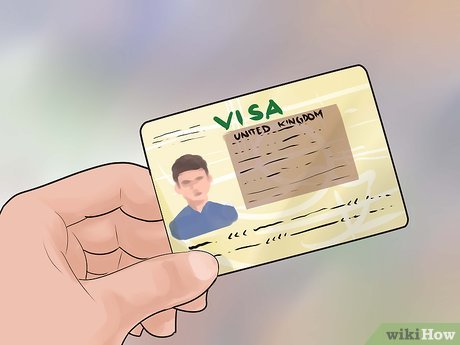
This image is property of www.wikihow.com.
Citizenship Refusals and Appeals
Reasons for Refusal
There are various reasons why an application for British citizenship may be refused. Common reasons include not meeting the eligibility criteria, providing incorrect information, or failing to provide sufficient evidence to support your application. It is important to carefully review the requirements and ensure you meet them before applying.
Appealing a Refusal
If your application for British citizenship is refused, you have the right to appeal the decision. It is important to understand the grounds for appeal and follow the appropriate procedures outlined by the Home Office. Seeking legal advice can be helpful in navigating the appeals process.
Seeking Legal Assistance
If you encounter any difficulties or have concerns about the British citizenship application process, it may be beneficial to seek legal assistance. Immigration lawyers or advisors can provide guidance, ensure your application is complete and accurate, and represent you in any appeals or legal proceedings, if necessary.
Citizenship Resources
Government Sources
The UK government provides valuable resources and information on its official website regarding the citizenship application process. This includes guidance on eligibility requirements, application forms, and fees. It is important to refer to these official sources for accurate and up-to-date information.
Legal Advice
For more specific or complex cases, seeking legal advice from immigration lawyers or solicitors who specialize in citizenship matters can be beneficial. They can provide tailored advice based on your individual circumstances, ensuring you have the best possible chance of success in your application.
Citizenship Support Organizations
There are various organizations and charities that provide support and guidance to individuals going through the British citizenship application process. These organizations can offer assistance with document preparation, language learning resources, and general support to help you navigate the process successfully.
In conclusion, becoming a UK citizen legally involves understanding and meeting the eligibility criteria, gathering the required documents, and submitting a complete and accurate application. It may also require passing citizenship tests, paying the necessary fees, and attending a citizenship ceremony. Whether through birth, descent, naturalization, marriage, or civil partnership, the journey to British citizenship can be rewarding and offer exciting opportunities for individuals and families. Remember to familiarize yourself with the specific requirements, seek appropriate support when needed, and follow official guidelines to increase your chances of a successful citizenship application.
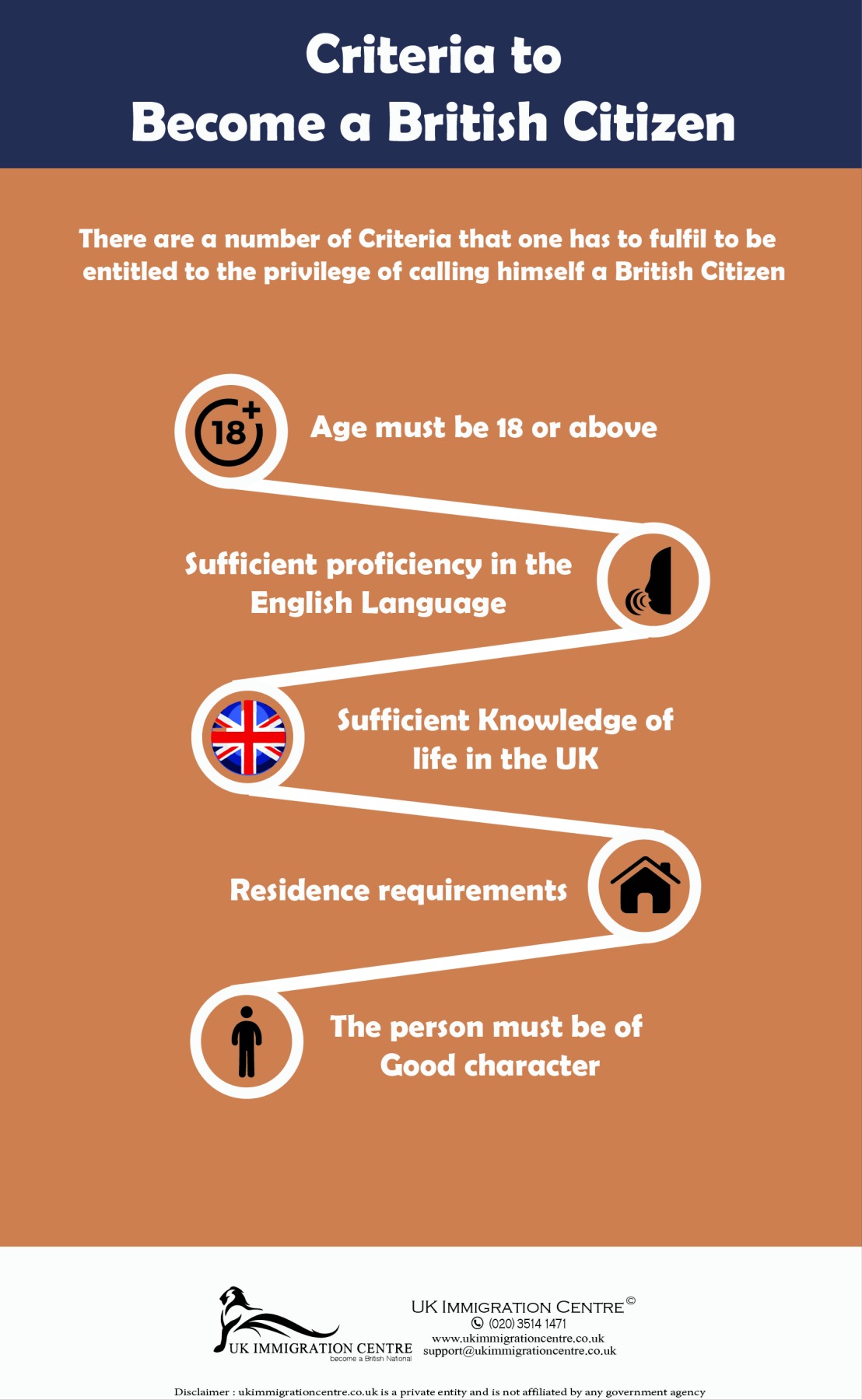
This image is property of ukimmigrationcentreblog.files.wordpress.com.
Didn't find what you were looking for? Search here





